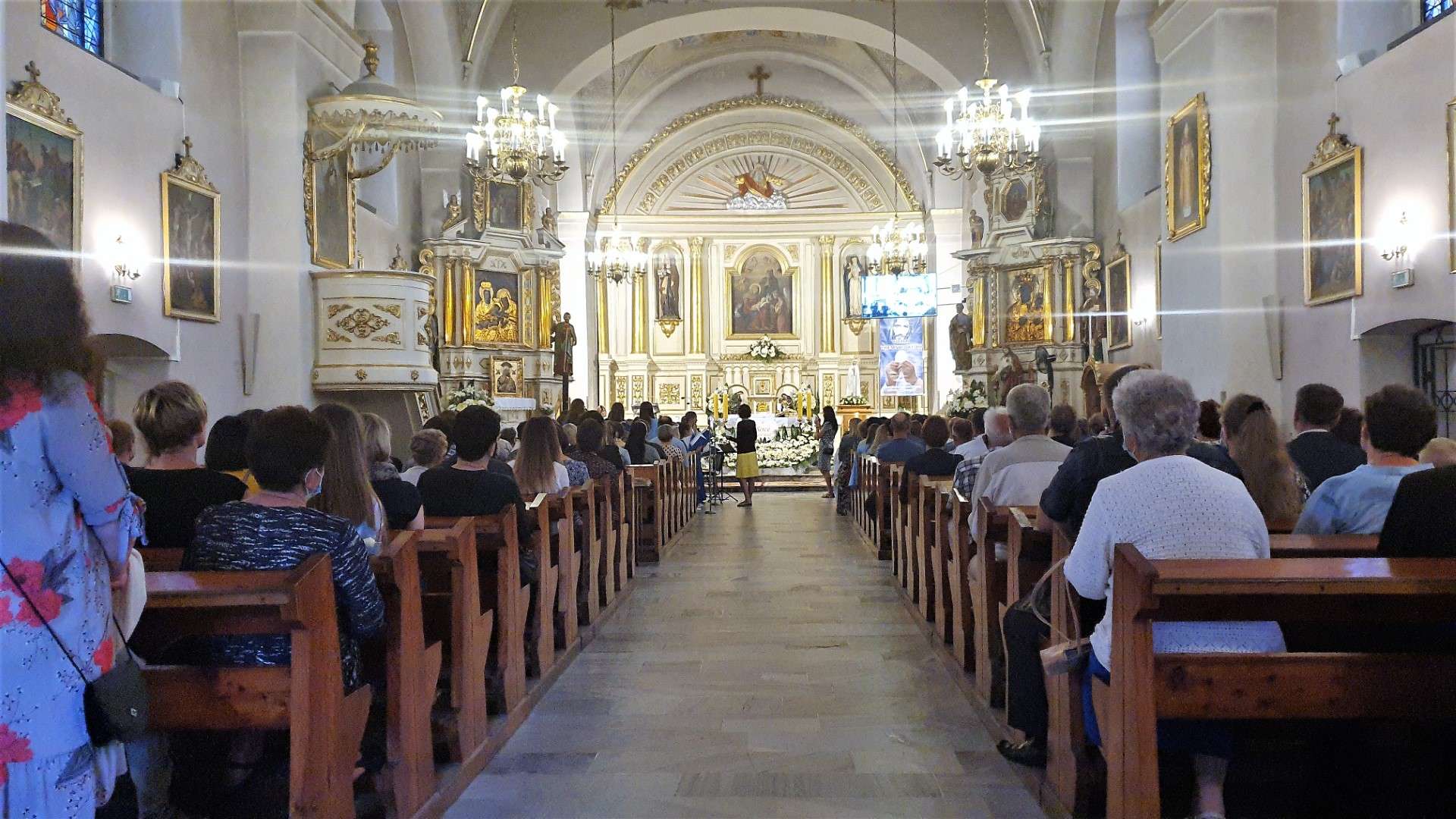A ban against Palestine Action has come into force, designating it as a terror group after a late-night legal bid to delay it failed. It makes membership of, or support for, the direct action group a criminal offence punishable by up to 14 years in prison.
The move to ban the organisation was announced after two Voyager aircraft were damaged at RAF Brize Norton in Oxfordshire on 20th June, an incident claimed by Palestine Action. Police said the damage caused around £7 million worth of losses.
Protest planned at Parliament Square
In response to the ban, a group of around 20 people are set to gather and sit in front of the Gandhi statue in London's Parliament Square on Saturday afternoon, according to campaign group Defend Our Juries. They will hold signs saying: "I oppose genocide. I support Palestine Action."
The newly proscribed group lost a late-night Court of Appeal challenge on Friday to temporarily stop it being banned, less than two hours before the move came into force at midnight. Earlier that day Huda Ammori, the group's co-founder, unsuccessfully asked the High Court to temporarily block the Government from designating the group as a terrorist organisation.
Home Secretary announces proscription
Home Secretary Yvette Cooper (Labour) announced plans to proscribe Palestine Action on 23rd June, stating that the vandalism of the two planes was "disgraceful" and that the group had a "long history of unacceptable criminal damage". MPs in the Commons voted 385 to 26, majority 359, in favour of proscribing the group on Wednesday, before the House of Lords backed the move without a vote on Thursday.
Four people have been charged in connection with the RAF Brize Norton incident. Amy Gardiner-Gibson, 29, Jony Cink, 24, Daniel Jeronymides-Norie, 36, and Lewis Chiaramello, 22, appeared at Westminster Magistrates' Court on Thursday after being charged with conspiracy to enter a prohibited place knowingly for a purpose prejudicial to the safety or interests of the United Kingdom, and conspiracy to commit criminal damage, under the Criminal Law Act 1977.
Court of Appeal rejects final challenge
Lawyers for Ammori took her case to the Court of Appeal on Friday evening, and in a decision given at around 10.30pm, refused to grant the temporary block. Raza Husain KC, for Ammori, made a bid to have the case certified as a "point of general public importance" to allow a Supreme Court bid, but the Lady Chief Justice Baroness Carr said they would not get to the Supreme Court before midnight.
The judge added that any application should be made before 4pm on Monday and refused a bid to pause the ban coming into effect pending any Supreme Court bid. In an 11-page written judgment, Baroness Carr, Lord Justice Lewis and Lord Justice Edis said: "The role of the court is simply to interpret and apply the law."
Court clarifies prosecution rules
They also said: "The merits of the underlying decision to proscribe a particular group is not a matter for the court…Similarly, it is not a matter for this court to express any views on whether or not the allegations or claims made by Palestine Action are right or wrong." The judges added: "People may only be prosecuted and punished for acts they engaged in after the proscription came into force."
In his decision refusing the temporary block, High Court judge Mr Justice Chamberlain said: "I have concluded that the harm which would ensue if interim relief is refused but the claim later succeeds is insufficient to outweigh the strong public interest in maintaining the order in force."
Legal arguments over free speech
Blinne Ni Ghralaigh KC, for Ammori, told the Court of Appeal that the judge wrongly decided the balance between the interests of her client and the Home Office when deciding whether to make the temporary block. She argued there was a "chilling effect on free speech" and that "people would be criminalised and criminalised as terrorists for engaging in protest that was not violent".
Ni Ghralaigh said the ban would mean "a vast number of individuals who wished to continue protesting would fall foul of the proscription regime due to its lack of clarity". She also told the Court of Appeal that Mr Justice Chamberlain "failed properly to consider" that banning the group "would cause irreparable harm".
Government defends decision
Ben Watson KC, for the Home Office, told the Court of Appeal that Mr Justice Chamberlain gave a "detailed and careful judgment" and that the judge was "alive" to the possible impacts of the ban, including the potential "chilling effect" on free speech.
(PA/London) Note: This article has been edited with the help of Artificial Intelligence.

 5 godzin temu
5 godzin temu













